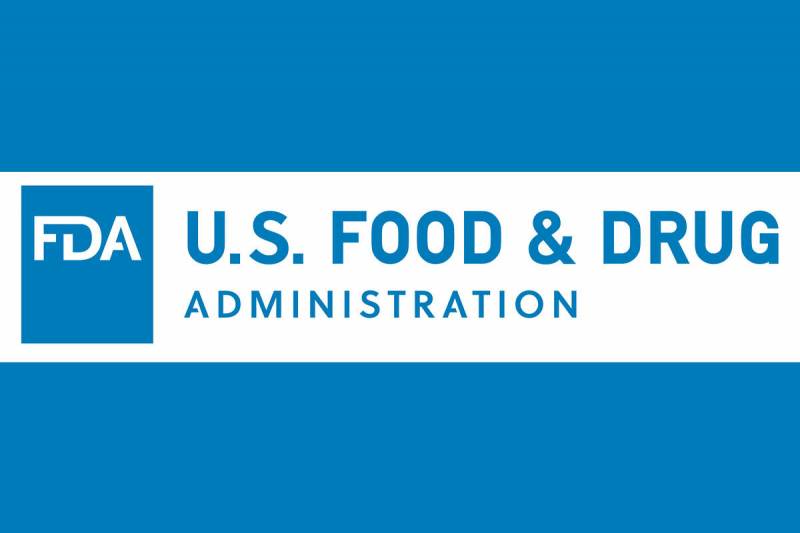Ranitidine row: US FDA gives breather to Indian drug companies
By Newsmeter Network
Hyderabad: Days after it warned of the presence of N-nitrosodimethylamine, a possible carcinogen, in ranitidine, the US Food and Drug Administration has said the impurity is not harmful if it remains in less than the permissible level.
The latest observation of the US FDA comes as a significant relief for many Indian drug manufacturing companies that had earlier recalled ranitidine, which is used to prevent acid-induced heartburn, from the American market.
According to the drug regulator, if the consumption of N-nitrosodimethylamine (NDMA) doesn't exceed 0.096 micrograms per day, then it's acceptable as per drug standards. NDMA, also known as dimethylnitrosamine, is generally found in grilled and fried meat.
“We’re also asking manufacturers to continue conducting their own laboratory testing. The drug makers should examine levels of NDMA in ranitidine and nizatidine. The FDA scientists will test the samples. The manufacturers of nizatidine should also test their drugs. We, along with the manufacturers, will investigate to identify the root cause of the low levels of NDMA present in the drugs.”
Dr Reddy's Lab and a few other drugmakers from Hyderabad were among the domestic pharma companies that had recalled their batches of ranitidine drugs. The companies are now rethinking on resuming ranitidine drugs keeping the NDMA less than 0.096 micrograms.
According to the US FDA, the NDMA levels in ranitidine are much lower than the levels some third-party scientists had first claimed. It said NDMA content in some tests still exceeds the permissible level of FDA. The calculated acceptable level of NDMA intake through drugs is based on a select method.
"According to the 2018 ICH Guidance M7 (R1) Assessment and Control of DNA Reactive (Mutagenic) Impurities in Pharmaceuticals to Limit Potential Carcinogenic Risk, if we find NDMA levels above the acceptable limits (96 nanograms per day or 0.32 ppm), we’re now asking companies to recall ranitidine voluntarily. FDA is asking manufacturers to voluntarily recall nizatidine, which is known as Axid. If the manufacturers found NDMA above the acceptable daily intake level because it is chemically similar to ranitidine," said the regulator.
Considering that testing methods are more sophisticated and sensitive nowadays, the US FDA said, it wants to look at the safety of other older drugs. The regulator said the industry can easily tackle previously unknown risks to patients. Through its ongoing efforts, US FDA said, impurities like NDMA can be kept out of drugs.
The FDA carries out a robust surveillance and risk evaluation program. It'll identify adverse events that did not surface in the process of product development. Evaluations occur over 2 million adverse event reports, which are submitted to the FDA Adverse Event Reporting System (FAERS) annually. The MedWatch Program, patients, family members and health care providers submit the adverse event reports. The regulated industry also submits adverse event reports. US FDA uses the information to identify safety concerns. It also takes up actions to enhance product safety and to protect the patients. The FDA asks patients and health care professionals to report any adverse reaction to the agency’s MedWatch program.